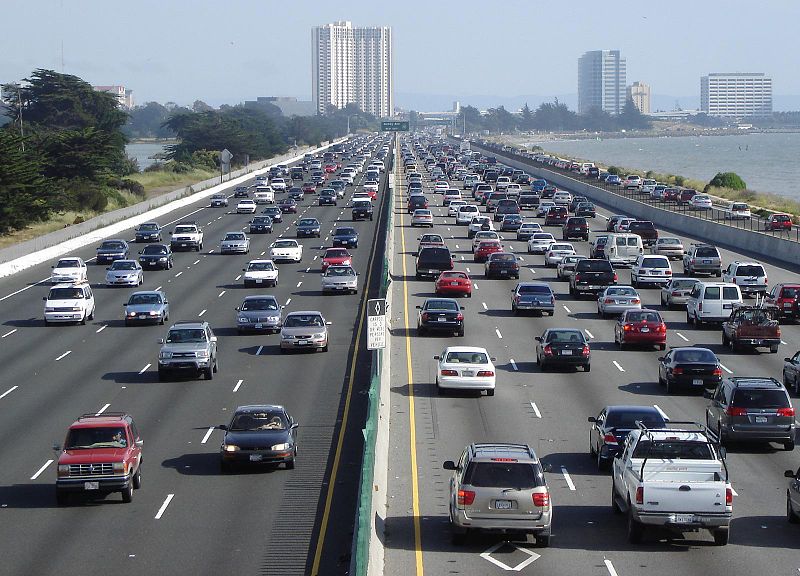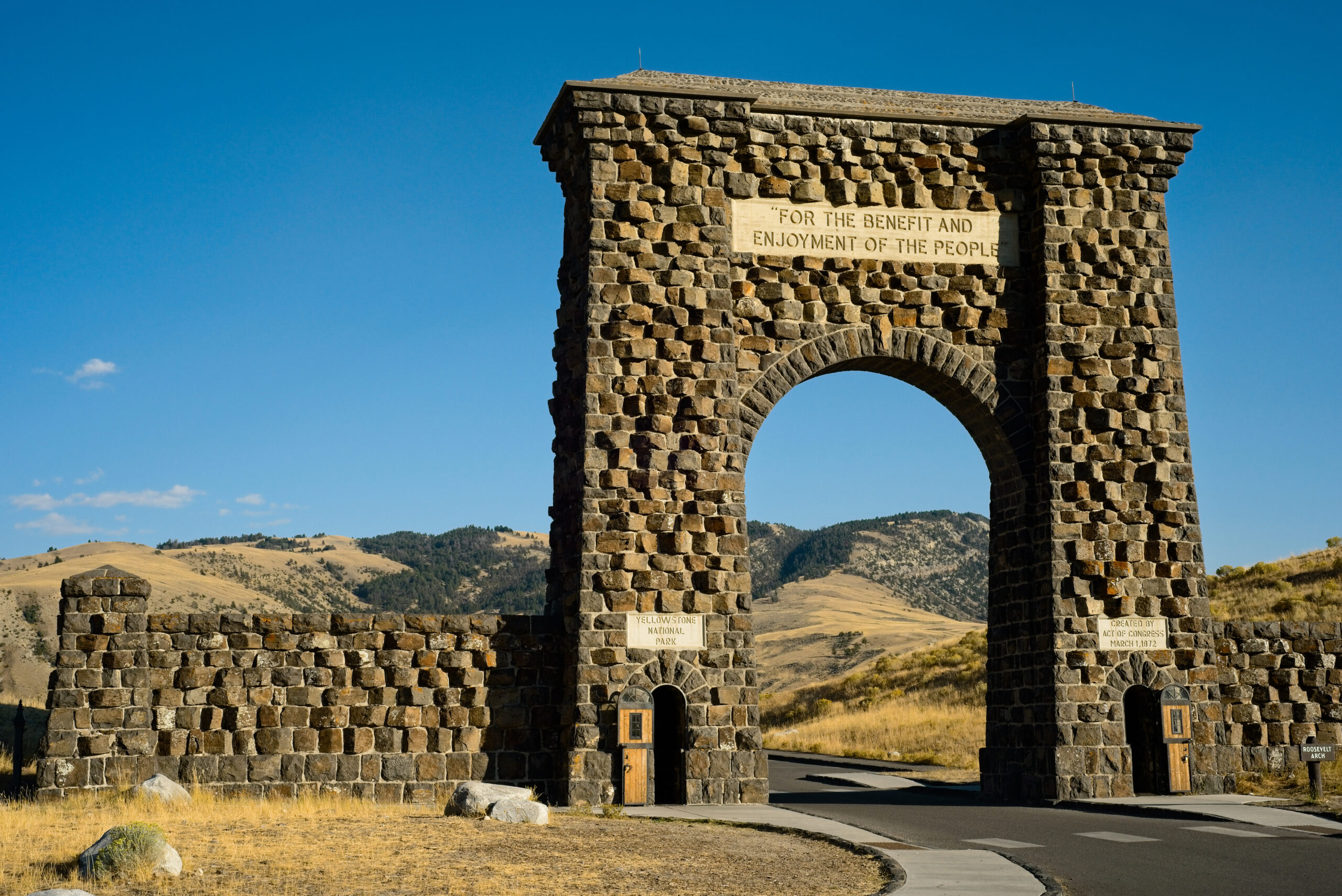Matthew Turner, a visiting 2011 PERC Julian Simon Fellow, was interviewed on All Things Considered this weekend about road congestion:
For decades, urban areas across the country have been adding lanes and building roads to fight congestion, but a recent study by University of Toronto researchers finds that widening and building more roads actually creates more traffic.
“What we found was that in cities where there was more roads, there was more driving,” economist Matthew Turner, a co-author of the study, tells weekends on All Things Considered host Guy Raz. “In particular, if you had 1 percent more roads, you had 1 percent more driving in those cities.”
Turner’s study also looked at public transportation, and the results were similar: More buses and trains create more riders, but generally don’t make a dent in traffic problems.
“As you increased a city’s stock of light rail or bus cars, there’s no impact on the amount of driving,” Turner says.
The one-to-one relationship between roads and vehicle miles driven is what Turner and his co-author Gilles Duranton refer to as “the fundamental law of road congestion” [PDF]. And since increases in road capacity and expansions to public transit do not reduce miles drive, the authors claim congestion pricing is the only effective tool to curb traffic problems.
This is certainly not what Los Angeles residents wanted to hear as they prepare for this weekend’s “Carmageddon” — a $1 billion widening project that will close Interstate 405 for more than 50 hours and is expected to create traffic jams more than 30 miles long.




